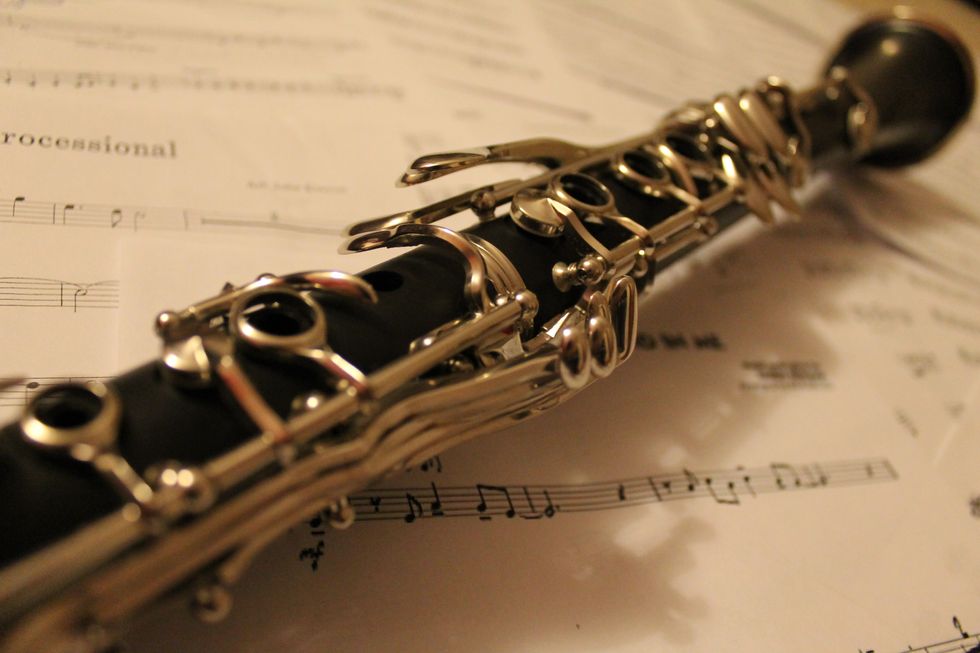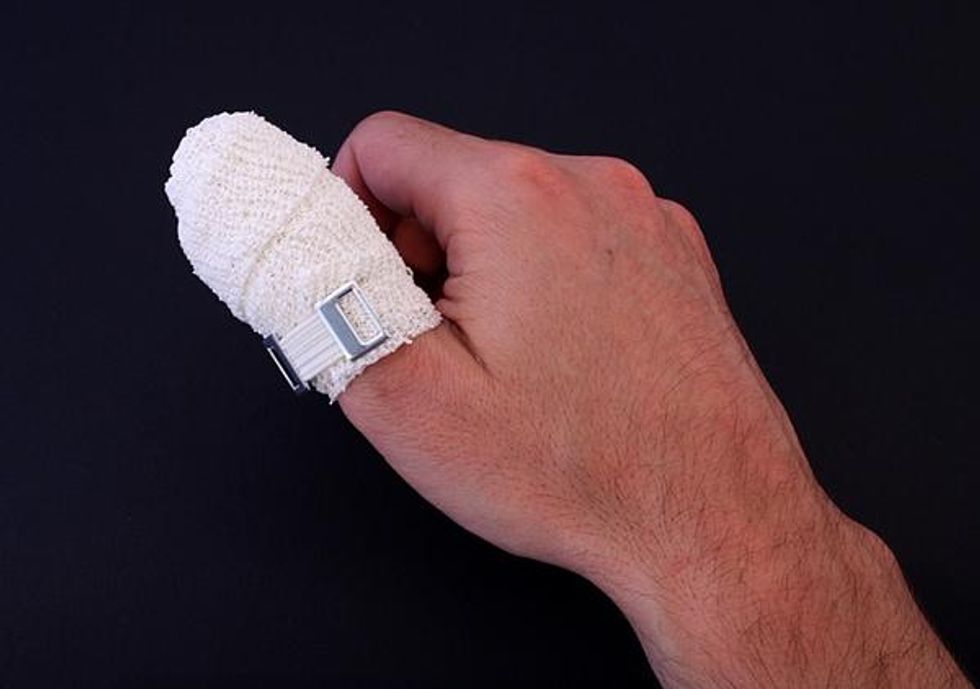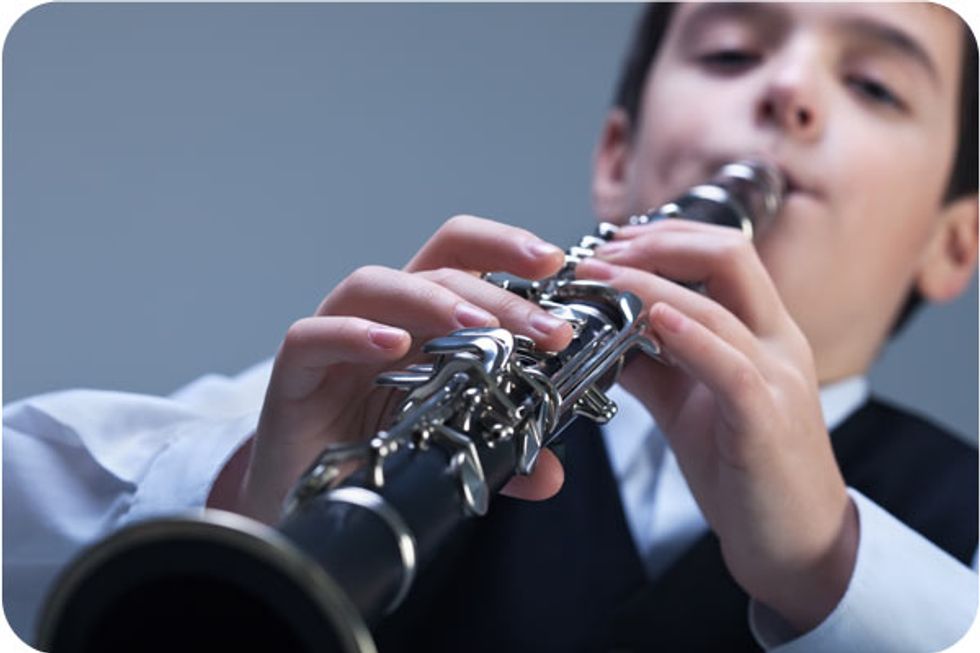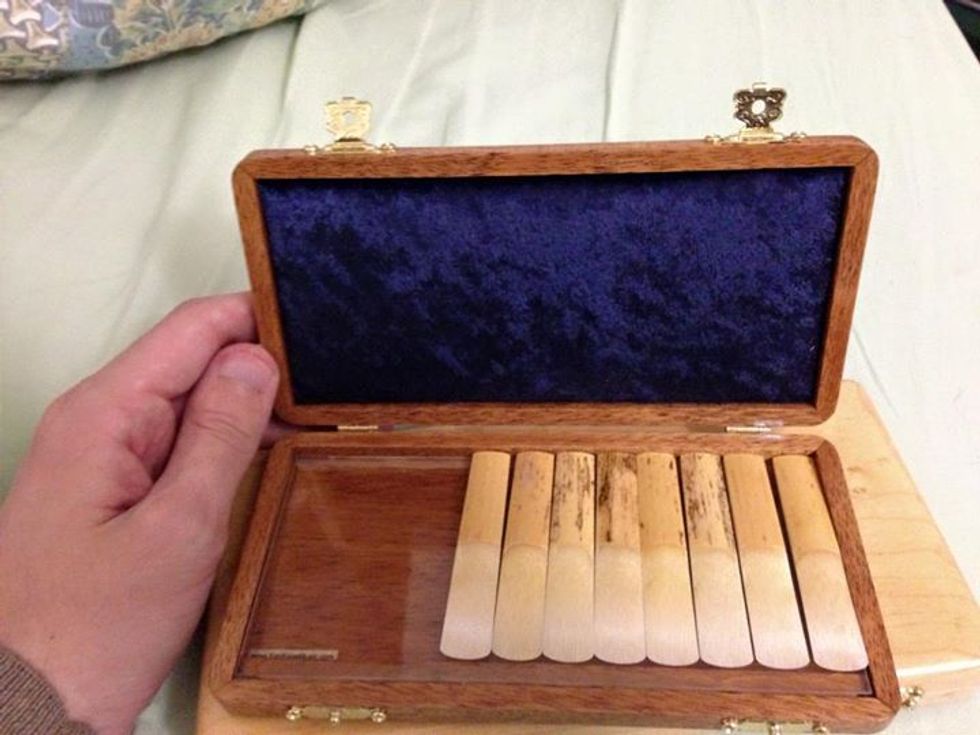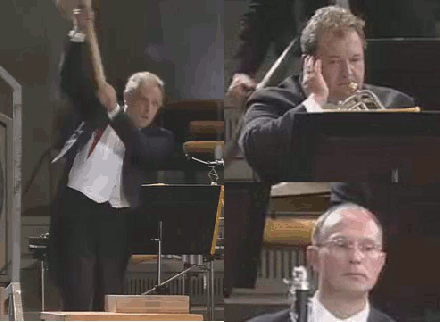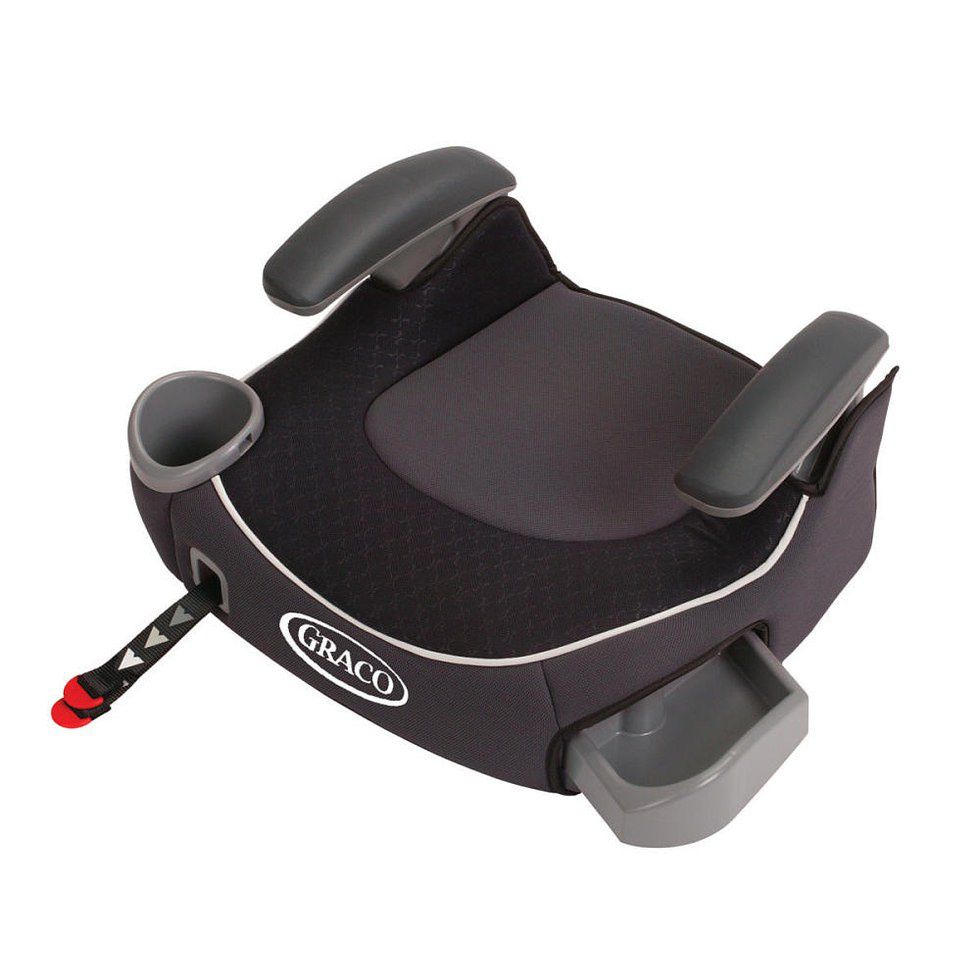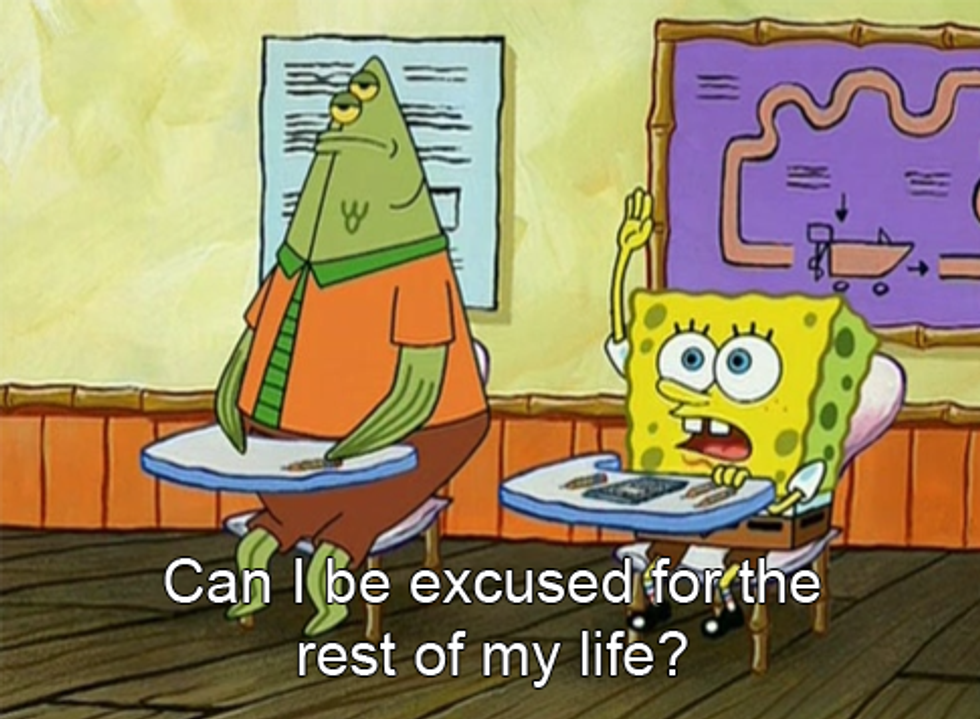Everyone knows the time of year when there's an assembly in the school gym and all the students receive flyers for sports, clubs and other activities. It's a reminder that a new school year has just begun.
There's basketball, school newspaper, field hockey, football, student council and numerous other extracurriculars that students can sign up for.
One of these stands out from the others: band.
The target audience for band students is 4th grade so they can learn enough in their lessons during elementary and middle school to be able to flourish in the high school setting. There's typically a "new musician meeting" on a weeknight in the school cafeteria for students who are interested.
It seems a bit intimidating because you'll be choosing the instrument you intend to play for the next eight or more years.
You see shiny silver and gold horns, long black horns, xylophones that look less colorful than the ones you played with as an infant and most importantly, a lot of intimidating adults.
You end up gravitating towards a specific instrument and start to like it. You may end up changing it throughout the years, but, rest assured, you will find the instrument for you.
Each instrument has quirks about it, but here are a few about clarinets that no one will think to ever mention to you until you find them out for yourself.
1. Your right thumb will have killer blisters.
You will quickly learn the importance of having a pad on the thumb rest, making sure it's set properly, making sure it's sitting on your thumb properly and how to grit through the pain of blisters. People may laugh at thumb cushions or neck straps, but they sure do relieve a lot of pain and make life just a little more bearable.
2. You will have a lot of competition.
Clarinet seems to be the instrument everyone picks up in 4th grade and either quits by high school or becomes a prodigy. Once you start competing at district, region, and state levels you're in for a whole different ball game. You may be first chair in your high school, but there are 40 other clarinets you have to compete with at auditions. Suddenly, you're in the bottom 10.
3. It is harder than you think.
A lot of people say they started clarinet because it was easy to learn, and they know they wouldn't have to try hard to remember all the combinations of fingers that a trumpet would have to remember. "Just take one more finger off to go up another scale degree" is true, but there is so much more than just notes.
4. You will sit by so many different people.
With a large number of clarinet players, you'll undoubtedly sit next to a large variety of people. You can go to an orchestra rehearsal and sit next to your future best friend or go to an all-state festival and sit next to the rudest person you've ever met. All you can do is make the best of your situation, and be nice to everyone you sit around so it makes rehearsal time the best part of being in an ensemble.
5. You will end up with a sore lower lip.
Especially after practicing for a few hours, you'll notice a dent on the inside of your lip. It hurts way more than it should. It never bleeds, (unless you went on a hardcore practice session) but it still makes playing the next day horrible. Eventually your jaw will give out during a practice session, and you won't be able to play anything for a while.
6. Reeds will make you want to cry.
You can go through an entire box of $50 dollar reeds and not find one that works for you. It's the sad truth, but when you do find the one reed that works, you will play that reed into the ground. That reed should be replaced after one month from how much you use it, but it stays in your reed case for another year.
7. Altissimo.
Never start your warm up in the Altissimo range. Even though composers seem to think that the flutes can't handle high notes, and they give them to us instead. Make sure you start in the Chalumeau register, and work your way up. Make sure you're in tune, and your tone is good. No one wants to hear a clarinet squeak or bark.
Clarinet may seem scary at first, but it can be one of the most exciting things you will do in school. It can turn into your future career if you let it. Once you find your passion, it's hard to let it go. You can't imagine never touching the instrument again after all of the memories you have with it.



